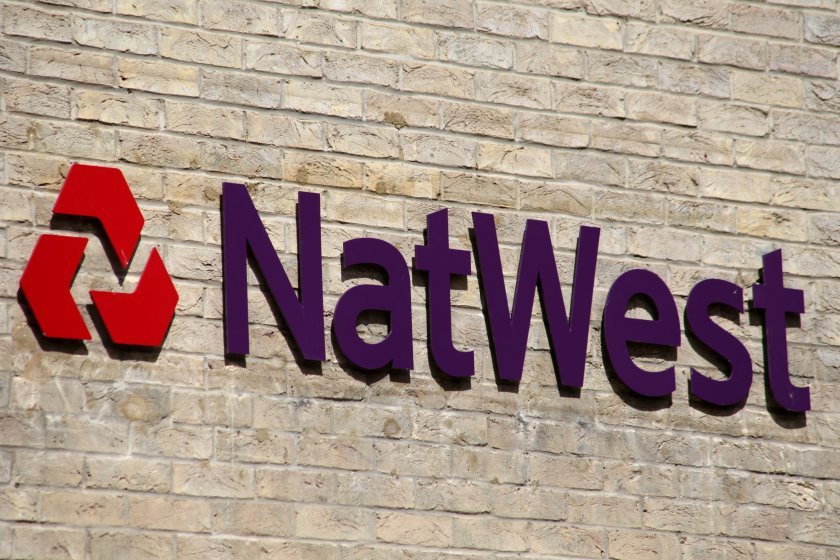NFU 'disappointed' as NatWest continues to urge meat reduction

NatWest is still urging the reduction of meat consumption on its app, suggesting it will cut emissions, despite months-long talks with the NFU to change it.
The bank has implemented some changes to its in-app greenhouse gas tracker, although there is concern that it still encourages the public to cut down on meat.
British meat and dairy are among the most sustainable in the world, with figures showing that UK beef emissions are less than half the global average.
Over the past eight months, the NFU has been meeting with NatWest following concerns raised in November 2023 over the GHG tracker.
The app gives customers a personalised carbon footprint score each month, and suggests that customers cut red meat out of their diet and drink plant-based milks as a measure to reduce their emissions.
Following conversations and regular meetings with the NFU, NatWest has made changes to its app.
These include removing the “swap out beef” and “swap to plant-based milk” recommendations, and adding the recommendation that customers should “Buy local, British and seasonal produce”.
However, the app still continues to recommend “veggie Mondays”, “choosing vegetarian at home”, “choosing vegetarian” and “choosing (mostly) plant-based” to its customers as ways to reduce emissions.
NFU Livestock Board chair David Barton said the British farming industry would be 'disappointed' with this.
"As a NatWest customer myself, that the bank is still encouraging the reduction of meat consumption on its app, suggesting it will reduce greenhouse gas emissions," he said.
“People should be free to choose whatever diet they wish to follow, but it must be an informed choice.
“We understand that the NatWest app is primarily focusing on GHG emissions, but the reality is that when making diet related recommendations, other factors such as nutrition, environment, and biodiversity must be presented."
The NFU made NatWest aware that oversimplified messages "miss the nuance of the path to a sustainable food system" and highlighted the damage such recommendations could do to the British red meat and dairy sectors.
It has urged the entire banking industry to keep a balanced message when making any recommendations to its customers and recognise
Mr Barton explained that that purely focusing on GHG emissions "overlooks" the health benefits of meat and "oversimplifies a nuanced topic".
However, despite this, he said the NFU was pleased to see some changes made to the carbon tracker.
“I am also pleased that conversations are still ongoing between the NFU and NatWest on how best to communicate the benefits of meat to the bank’s customers," he added.
"We will continue to engage with NatWest on the development of its app."








